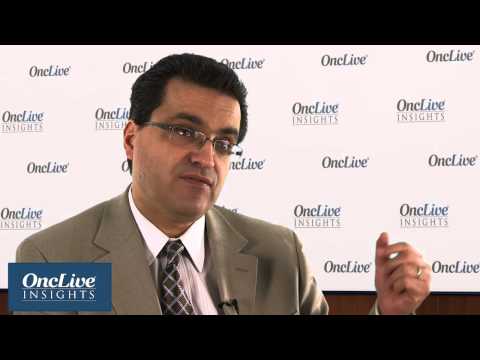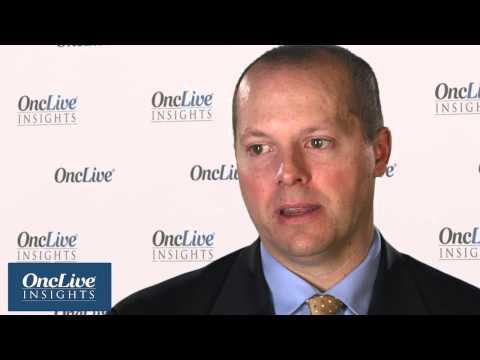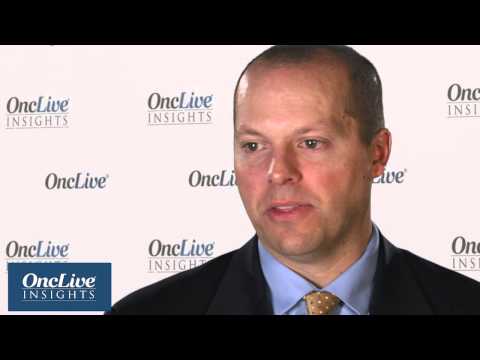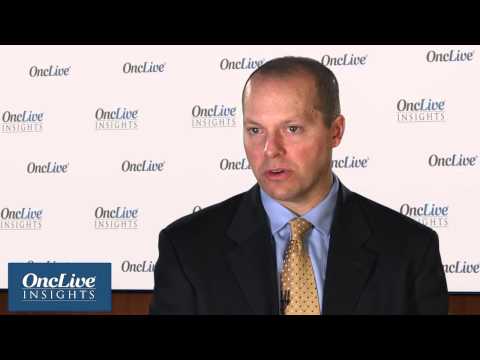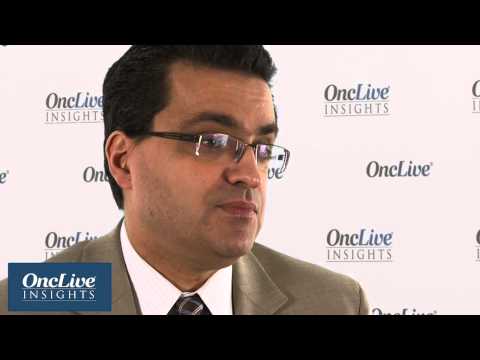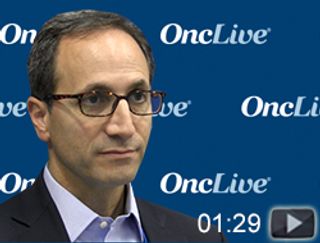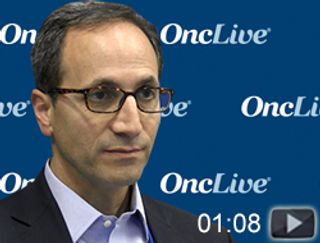
Head & Neck Cancers
Latest News
Latest Videos

CME Content
More News


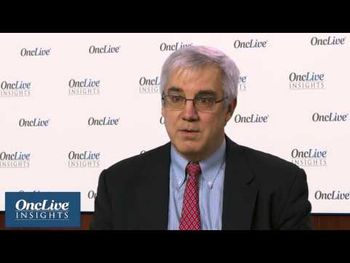


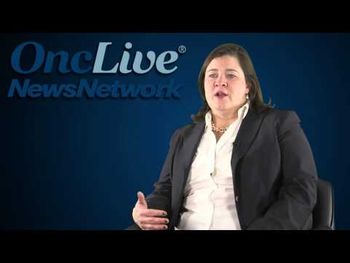


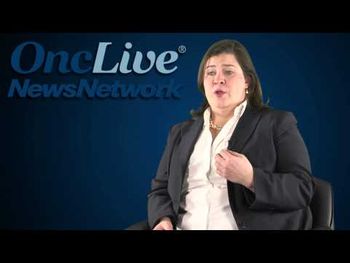

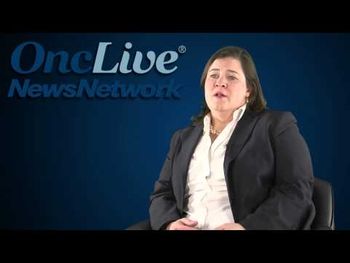
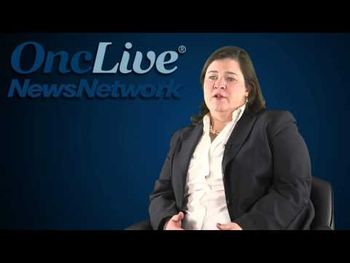

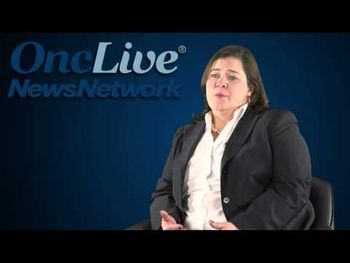
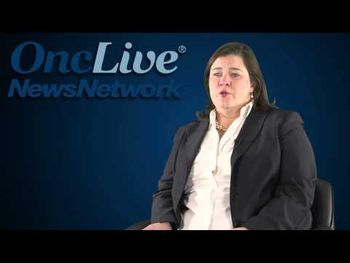

Rindopepimut (Rintega) has gained a Breakthrough Therapy Designation from the FDA to treat adult patients with glioblastoma multiforme that test positive for the epidermal growth factor receptor variant.

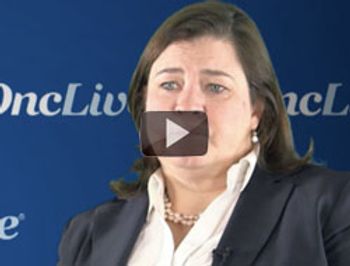
Marcia S. Brose, MD, PhD, associate professor of Otorhinolaryngology: Head and Neck Surgery at the Hospital of the University of Pennsylvania, discusses lenvatinib as a new treatment option for patients with radioactive iodine-refractory differentiated thyroid cancer.

The FDA has granted approval to lenvatinib (Lenvima) as a treatment for patients with progressive, radioactive iodine-refractory differentiated thyroid cancer.

With a deadline of April 14, the FDA will soon make its final approval decision on the oral multikinase inhibitor lenvatinib as a treatment for patients with progressive, radioactive iodine (RAI)-refractory differentiated thyroid cancer (DTC).

Surgery remains the most effective curative treatment for esophageal cancer. Yet, many eligible patients do not undergo esophagectomy.

Although prognostic biomarkers have become increasingly important in the treatment of many types of cancer, no such markers have yet been identified and validated for thyroid cancer.

Cetuximab is the only FDA-approved EGFR inhibitor for the treatment of squamous cell carcinoma of the head and neck.

John F de Groot, MD, nuro-oncologist, MD Anderson Cancer Center, discusses the efficacy of the novel c-MET inhibitor altiratinib in glioblastoma.
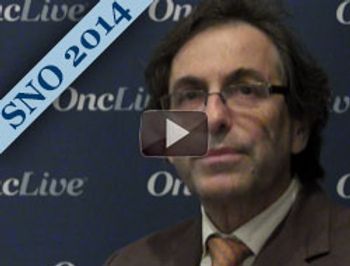
Roger Stupp, MD, Professor of Oncology, University of Zürich; Chairman, Department of Oncology and Cancer Center, University of Zürich Hospital, Zürich, Switzerland, discusses the interim analysis of the EF-14 trial, which compared NovoTTF-100A together with temozolomide versus temozolomide alone in patients with newly diagnosed glioblastoma multiforme (GBM).


